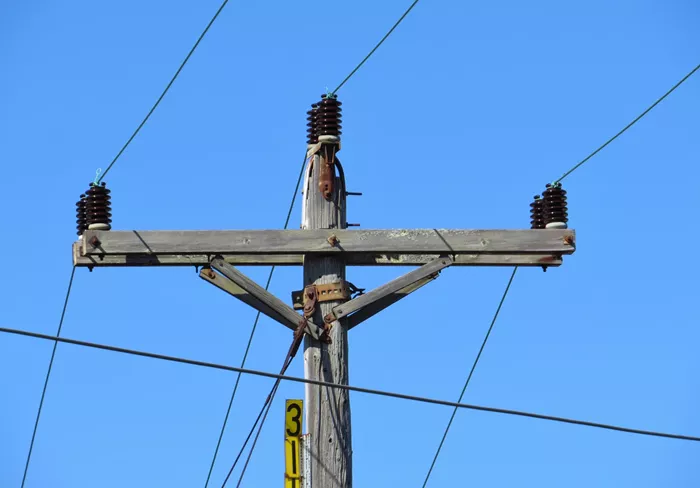New Hampshire’s Public Utilities Commission (PUC) is conducting critical hearings this week on proposed changes to the state’s net metering policy, which could significantly impact the future of solar energy in the state.
Net metering, the system through which solar panel owners receive compensation for the excess electricity they contribute to the grid, is at the heart of the discussions. The central question is the fair value of this power.
“Net metering is currently the cornerstone of the economics for small-scale renewable energy in New Hampshire,” remarked Sam Evans-Brown, Executive Director of Clean Energy New Hampshire. “Without it, the feasibility of residential solar power becomes uncertain.”
The policy has been a point of contention over the past decade, particularly as lawmakers have debated the appropriate size limits for net metering systems. This week’s hearings have seen many stakeholders reach a consensus on a forward-looking proposal. The proposal, endorsed by investor-owned utilities, consumer advocates, energy and environmental organizations, the Granite State Hydropower Association, Standard Power of America, and Walmart, suggests maintaining the current rates for two years. During this period, utility companies would collect data to develop a new rate structure based on time-of-use, reflecting different values for electricity depending on the time of day.
Time-of-use rates typically involve lower costs during off-peak periods and higher costs during peak demand times. This approach aims to optimize electricity usage and grid stability.
These hearings follow the resignation of Carleton Simpson, one of the PUC commissioners, who had previously expressed support for renewable energy and dissented from other commission decisions.
National Context and Local Impact
Across the United States, states are exploring various methods to fairly compensate small-scale renewable energy producers. In California, for example, significant cuts to net metering in 2022 sparked legal challenges and aimed to incentivize battery storage and evening power sales. Meanwhile, other New England states have continued to offer more favorable net metering terms.
Evans-Brown noted that while New Hampshire is not adopting solar power as rapidly as its neighbors, it remains a positive development in the state’s clean energy transition. “Approximately 700 individuals are employed in the solar sector in New Hampshire,” he said. “It’s crucial that we manage this transition correctly.”
Historically, New Hampshire’s net metering policy allowed small renewable energy systems to sell power at the same rate that customers paid for electricity. However, a 2017 policy change reduced the net metering credit to cover only the power supply and transmission costs, with a partial credit for distribution costs.
A 2022 state study highlighted that distributed energy resources provide additional value beyond their immediate electricity output. This includes reducing costs associated with long-distance power transmission. The study also indicated that the existing net metering rates might lead to modest increases in monthly bills for customers without renewable energy.
Don Kreis, New Hampshire’s consumer advocate, emphasized that the study dispelled concerns about undue cost shifts due to net metering. “The study reassures us that net metering does not impose an unreasonable financial burden on non-renewable energy users,” he said.
Looking Ahead
The current proposal not only suggests maintaining the existing net metering rates but also introduces application fees for new net metering projects. New projects initiated over the next two years would benefit from the current rates for 20 years before transitioning to new rates.
Kreis described the proposal as a balanced approach to advancing net metering in New Hampshire while ensuring economic and practical sustainability. However, the state’s Department of Energy has not endorsed the settlement, preferring to retain the current system.
The Community Power Coalition of New Hampshire has proposed an alternative, advocating for a more market-driven approach where utility companies would not set net metering rates. Instead, renewable energy generators would receive compensation based on market signals, and medium-sized projects like community solar arrays would be acknowledged for their role in reducing long-distance energy transport costs.
Henry Herndon, Director of Member Services at the Community Power Coalition, believes that New Hampshire has the potential to lead in developing a local energy marketplace and innovative technologies like battery storage. “We see a significant opportunity for the state to advance community energy projects and new technologies,” he said. “Compensating local energy projects for their full value is a clear path forward.”
related topics:
- Generac GP3300: A Comprehensive Review
- Top 5 Whole House Generator Brands for Reliable Power Solutions
- Top 5 Home Generators Under $1000

